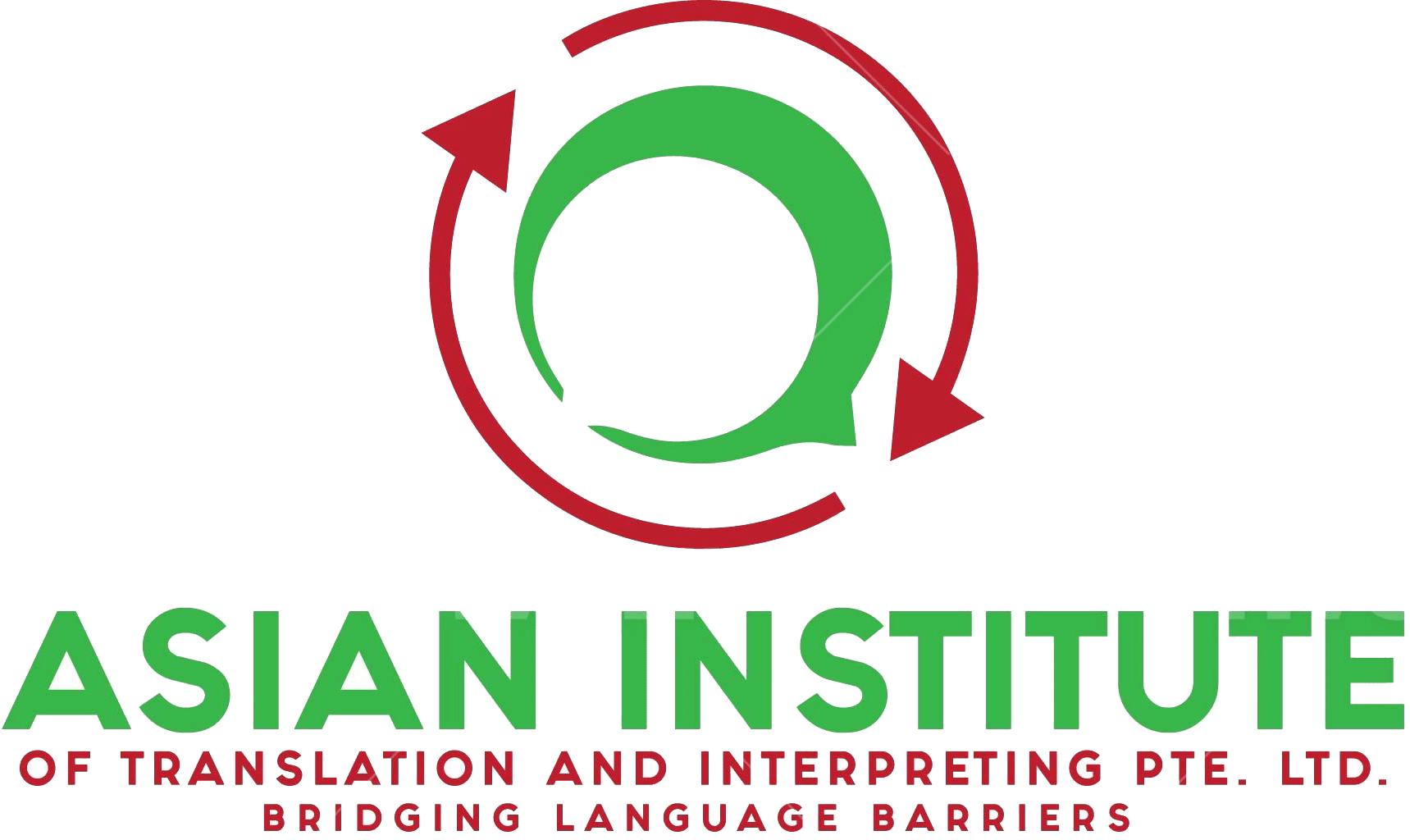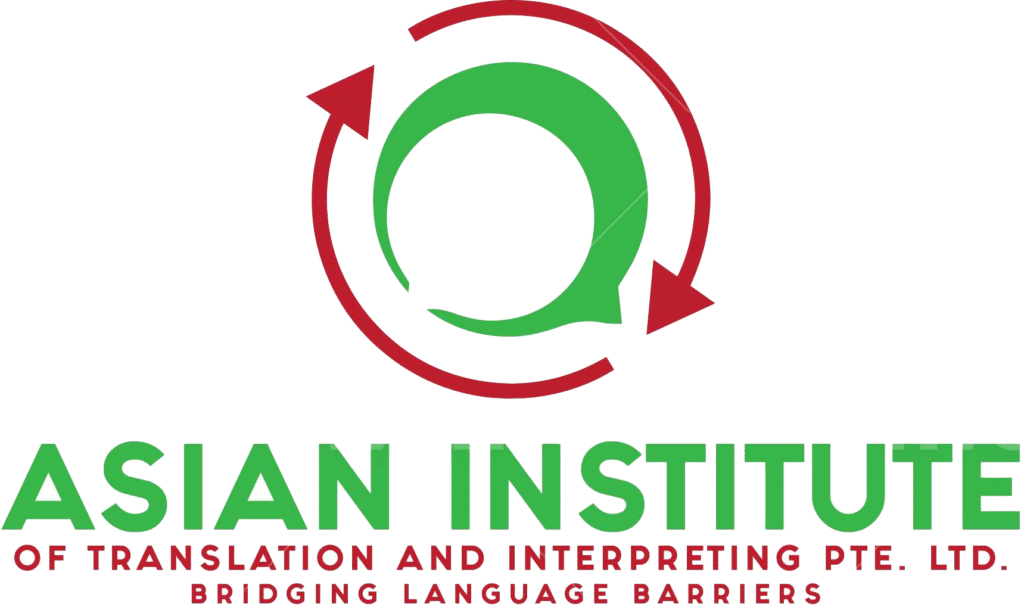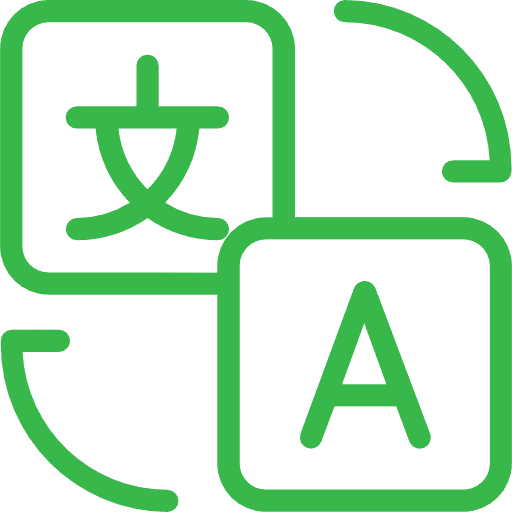
Introduction to Interpretation
This course introduces the fundamental principles and techniques of interpretation, focusing on verbal and non-verbal communication in various contexts. Students will explore different modes of interpretation, including simultaneous and consecutive interpretation, as well as develop essential skills in analysis, memory, and cultural awareness. The course will have guest speakers from the field and practical exercises. There will be assignments and tests. A certificate of participation and accomplishment will be provided at the end of the course.









